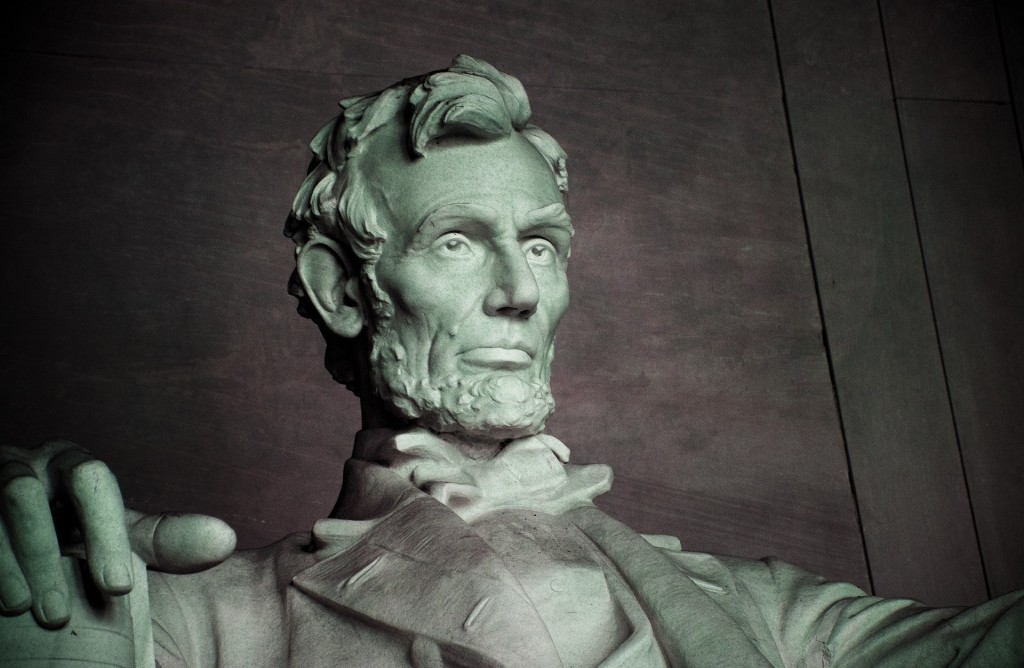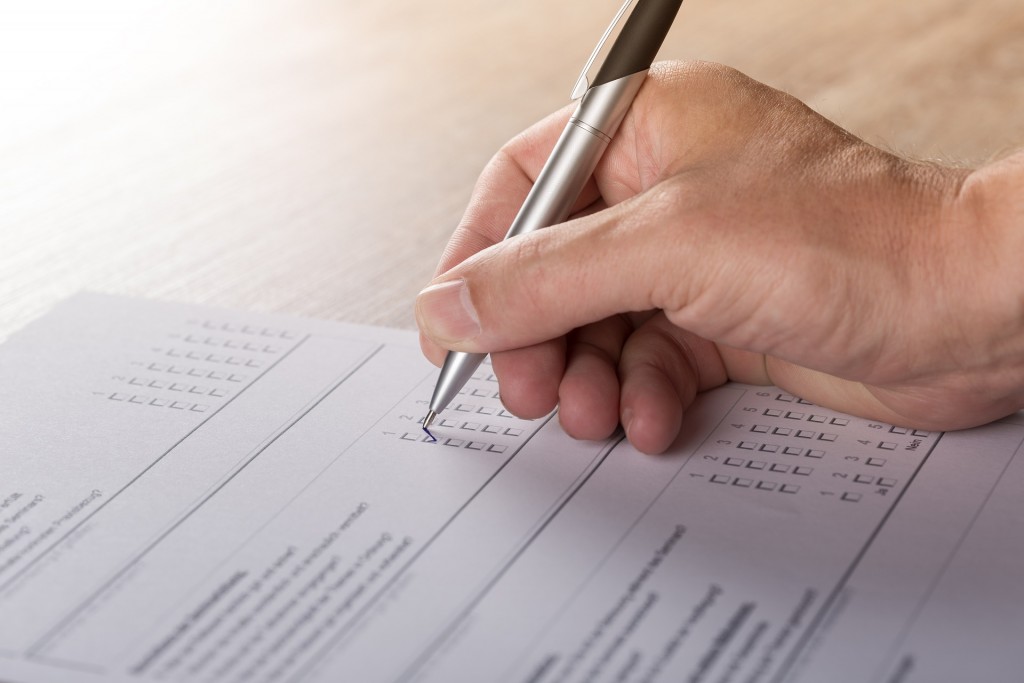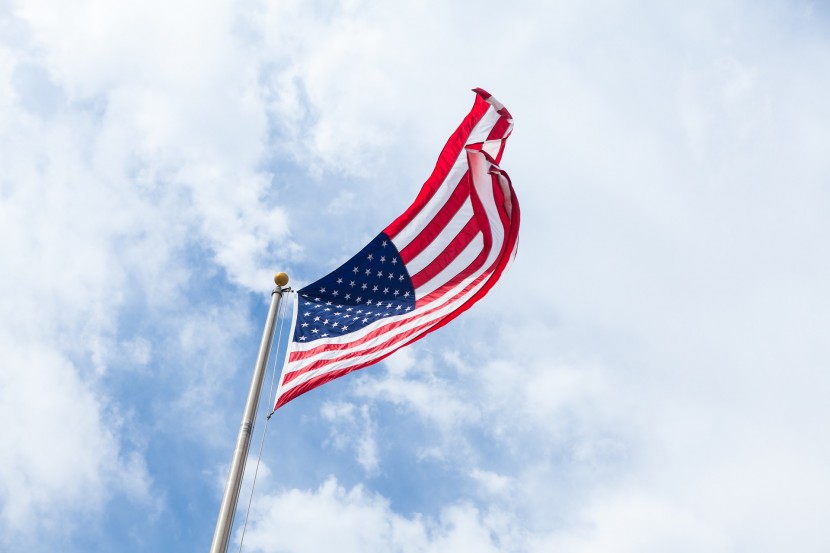Democracy as a Concept
The word “democracy” refers to a form of organization or government in which the people hold supreme authority and express their will directly (or indirectly) through the political process, typically via the conduct of free and fair elections. This system enjoys widespread respect around the world. Just consider the top five reasons to love democracy:
Number One: Fairness
By ensuring ultimate power resides with the electorate, a democratic system of government helps control the establishment of unfair social and economic structures, such as the development of hereditary elites, caste systems, and dictatorships. In the past, many societies did not consider political (and by extension) legal fairness an important issue.
For example, a nation with little concern for fairness might decide a dispute based solely upon a comparison of the ancestry of the litigants’ family members, or based upon the size of their respective bank accounts, not on the objective facts involved in a court case. Similarly, political systems which do not esteem fairness have no problems allowing rulers to seize assets on a whim without furnishing compensation. Our democratic lawmakers in Washington DC are supposed to promote fairness in the legislation they pass.
Number Two: Equality
Today, equality has become an essential component of a democratic society. Since votes count equally, governments seek the approval of a voting majority.

By valuing equality, democratic structures pay homage to the innate value of every human being. The votes of left-handed people won’t count five times more than the votes of right-handed people. These societies tend to esteem life.
Number Three: Flexibility
Societies governed by voters possess the flexibility to respond reliably to important environmental and technological changes. Regular transitions in leadership ensure outdated policies will change eventually and not last entire lifetimes. This is one of the most important things to remember about DC politics.
For instance, if environmental standards become a concern to the majority of voters, these nations will pass laws regulating air quality. Changes may need to await a new election cycle, but they will ultimately occur.
Number Four: Inclusiveness
Democratic political structures invest individual voters in the system of government. Monarchies, dictatorships and Communist states without free and fair elections do not display the same high level of inclusiveness.

By giving voters the power to express input into the system, democratic societies permit changes at a local level. People do not need to wait for policy directives to issue from a central government authority to address neighborhood concerns.
Number Five: Liberty
Democratic political systems offer a premium on individual liberty and freedom of expression. Voters possess the authority to overturn regulations restricting individual decision making.
Because they possess the power to effect change peacefully by obtaining majority support, citizens in a democratic political system do not need to conduct violent revolutions to obtain (or protect) personal liberty. Nations which cannot ensure individual liberty encounter transition of power issues.
An Enduring System
For all these reasons, and many more, a democratic system of government holds immense value. This form of political structure appeals to people around the world!


